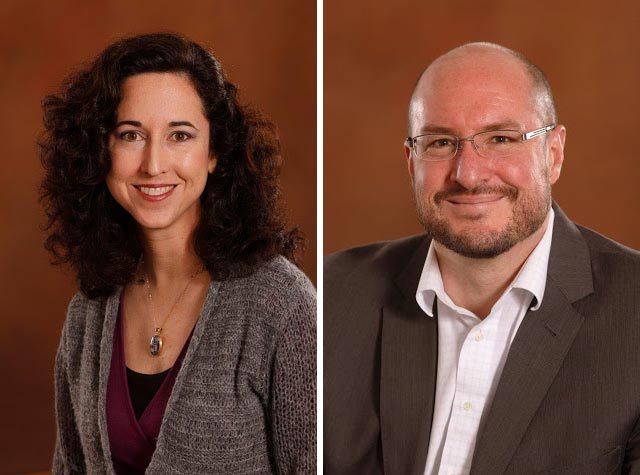Community partnerships to attack Michigan mental health crisis
As cited in a December 8 commentary by Marianne Udow-Phillips, Michigan Residents Need Better Access to Mental Health Care, Michigan is facing a serious shortage in the availability and accessibility of mental health services. Among those placed most at risk by this shortage are Michigan children, particularly children living in rural areas, those from ethnic minority backgrounds, and those living in poverty.
As an example, consider that Michigan has one of the highest rates of child abuse in the nation, ranking 42nd, and that children in rural areas experience significantly higher rates of abuse than the state average. However, according to federal definitions, 72% of Michigan’s rural counties have mental health care “Health Professional Shortage Areas,” which means that victims of child abuse and their families are less likely to find adequate services.
The lack of availability of quality mental health care is only one component of a complex problem. Even when services are made available in rural or impoverished communities, they are usually implemented without considering community characteristics, reducing the likelihood that children and families will use them.
Simply put, successfully reducing mental health care disparities in Michigan requires an understanding of the conditions faced by underserved families (e.g., transportation difficulties, too few mental health therapists, stigma attached to mental health issues) and solutions that can actually work given these conditions.
The current approach to developing mental health services is partly to blame for the ongoing problem. Experts—usually based in universities or other centers of knowledge — typically create interventions and service strategies that assume a number of resources —s uch as qualified therapists or accessible service locations — are in place.
Although these expert recommendations appear reasonable and are based on sound research, they cannot achieve their objectives when — as often happens in underserved communities — the assumed conditions do not exist. Failure to consider the actual conditions in underserved communities can lead to the fruitless investment of state resources in intervention strategies that are unlikely to be successful.
Successfully reaching the children and families that are most underserved in Michigan requires support for a different approach, one that has worked to address disparities in other places. Specifically, when experts in mental health care and stakeholders within the community work together to develop interventions, the result is mental health care innovation that leads to better use of services.
For example, at the Center for Children, Families and Communities, our partnerships with stakeholders serving Michigan’s underserved communities have led us to explore the integration of mental health care into settings that are accessible to families — such as schools and, for extreme cases, court systems. Our partnerships have also explored ways to expand mental health care by training the individuals to whom these families often turn for advice — such as teachers and religious leaders— to be providers of mental health first aid and triage.
To successfully improve Michigan’s mental health system in ways recommended by Gov. Rick Snyder’s bipartisan Mental Health and Wellness Commission, the harsh realities facing children and families in Michigan’s underserved communities must be accounted for. This can only happen when the stakeholders who work with and represent these communities are at the table. The barriers to the availability and accessibility of mental health care faced by Michigan families can only be successfully overcome with collaborative, community-driven efforts.
Drs. Niec and Acevedo-Polakovich co-direct the Center for Children, Families and Communities at Central Michigan University.
See what new members are saying about why they donated to Bridge Michigan:
- “In order for this information to be accurate and unbiased it must be underwritten by its readers, not by special interests.” - Larry S.
- “Not many other media sources report on the topics Bridge does.” - Susan B.
- “Your journalism is outstanding and rare these days.” - Mark S.
If you want to ensure the future of nonpartisan, nonprofit Michigan journalism, please become a member today. You, too, will be asked why you donated and maybe we'll feature your quote next time!


 Larissa N. Niec and Ignacio D. Acevedo-Polakovich
Larissa N. Niec and Ignacio D. Acevedo-Polakovich